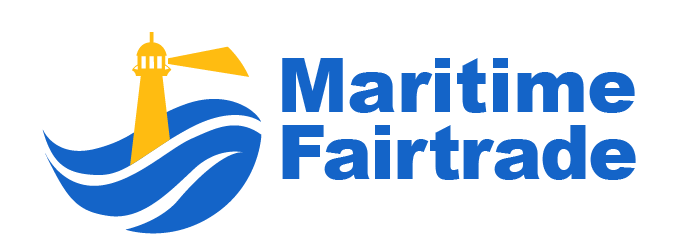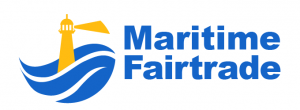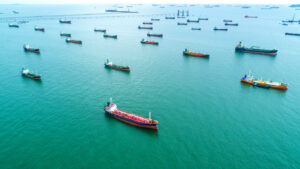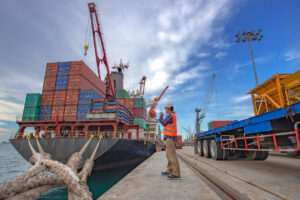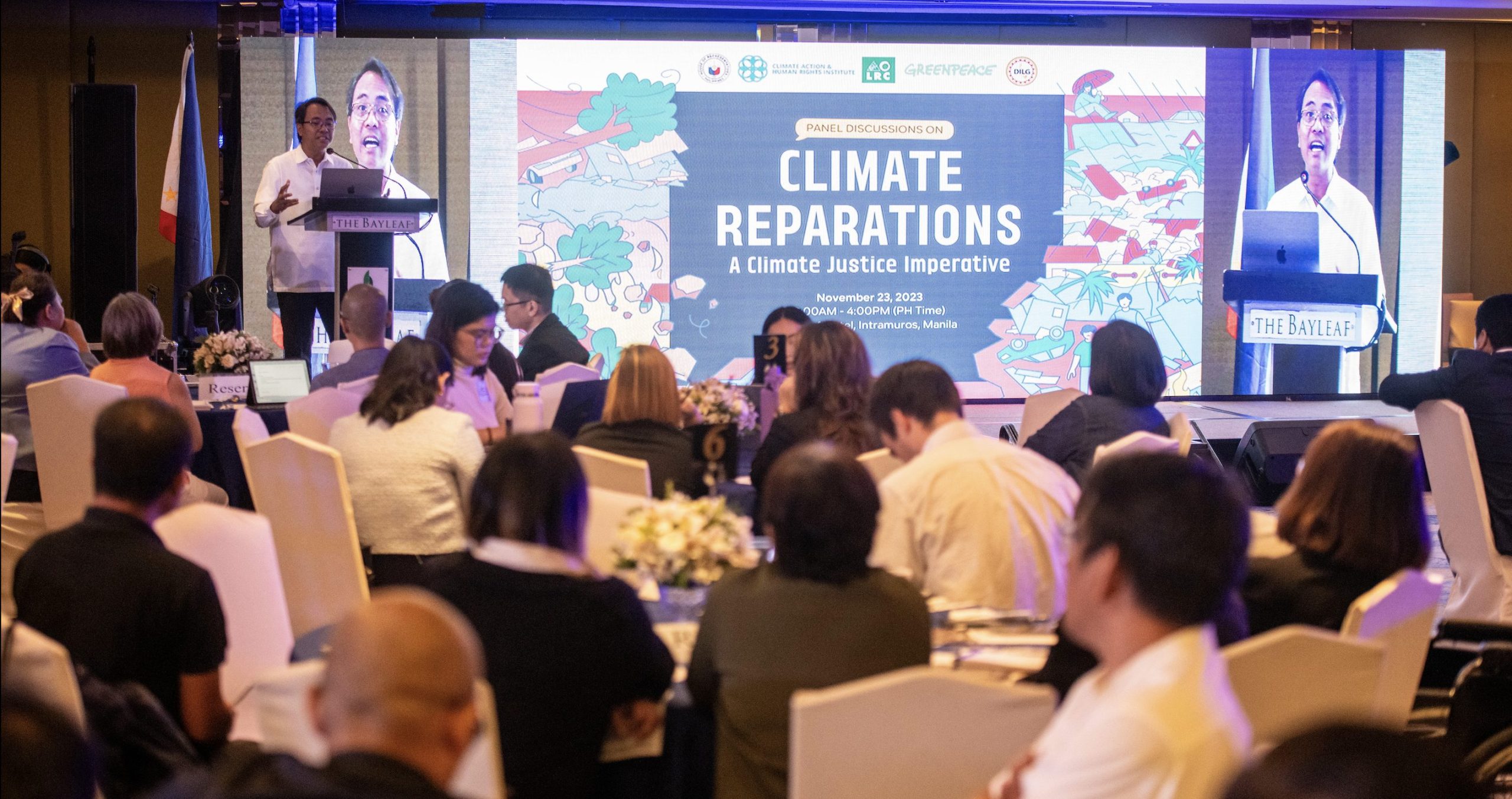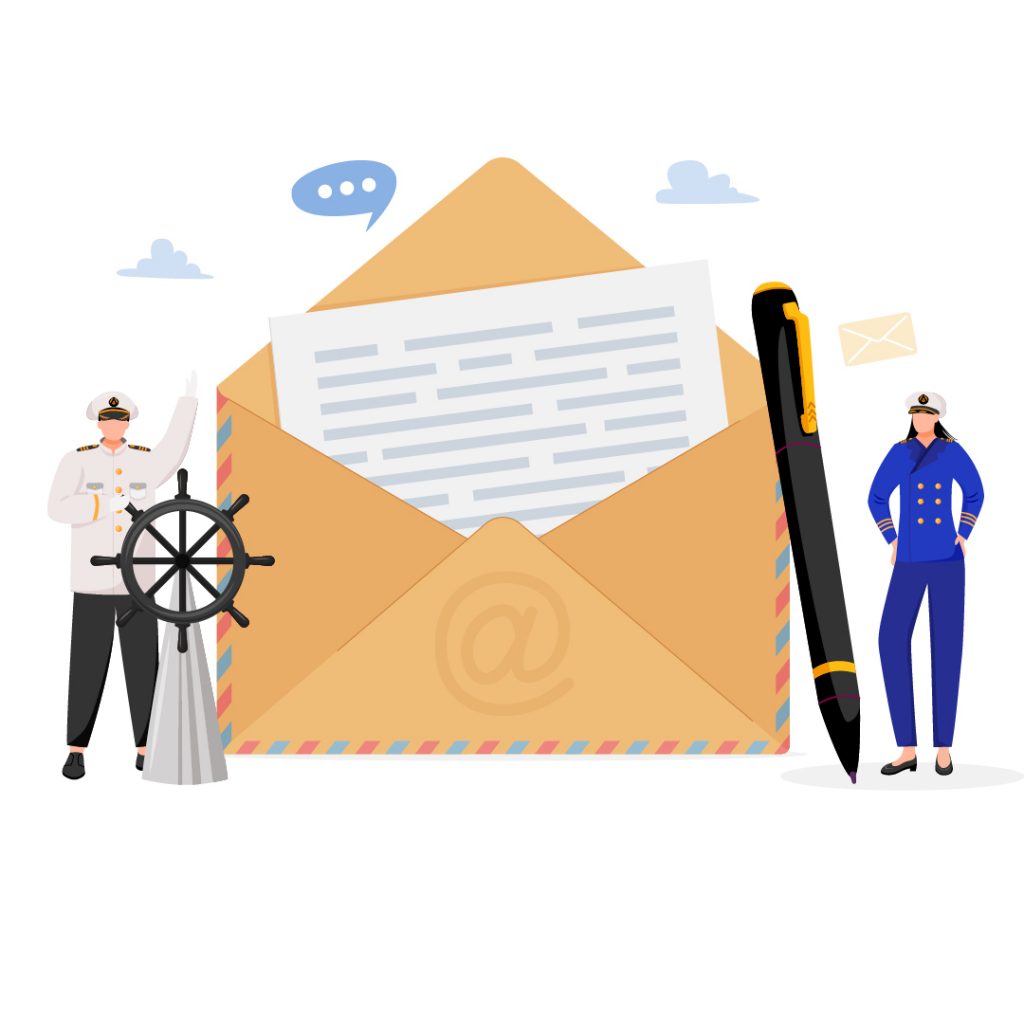Today, consumers are more concerned than ever about the social and environmental impacts of the products they purchase. Almost 90% would like big brands to help them be more environmentally friendly and ethical. Blockchain technology offers a way to showcase sustainability and environmentally friendly practices, but private blockchains do not address rising customer transparency demands.
Addressing the issue, the World Economic Forum is announcing the first neutral and public traceability platform capable of visualizing blockchain-based supply chain data from multiple companies and sources. It aims to help businesses across industries respond to consumer demands for ethical and environmentally friendly products.
To date, companies have self-published such data or relied on blockchain solution providers to do so. The pilot platform resulting from this initiative, however, can ingest blockchain-based data from multiple sources and visualize it on a neutral site.
It was created in collaboration with a dedicated group of champions comprised by Everledger, Lenzing Group, TextileGenesis™ and the International Trade Centre. The International Trade Centre, a UN entity with universal membership by mandate, has hosted it via its Sustainability Map (https://sustainabilitymap.org). In this way, the ITC can assure all parties that their data will not be shared externally, and that sensitive data can be hosted at UN data centres to benefit from UN neutrality, immunities and privileges.
Consumers and companies alike have an interest in making supply chains more transparent, but they have lacked a trusted and neutral aggregating platform where companies could publicly visualize supply chain data captured in distributed ledgers.
These visualizations will soon be overlaid with the ITC’s other databases, allowing users to have a comprehensive picture of the flow of goods and other key environmental and social indicators and certifications of supply chain partners.
